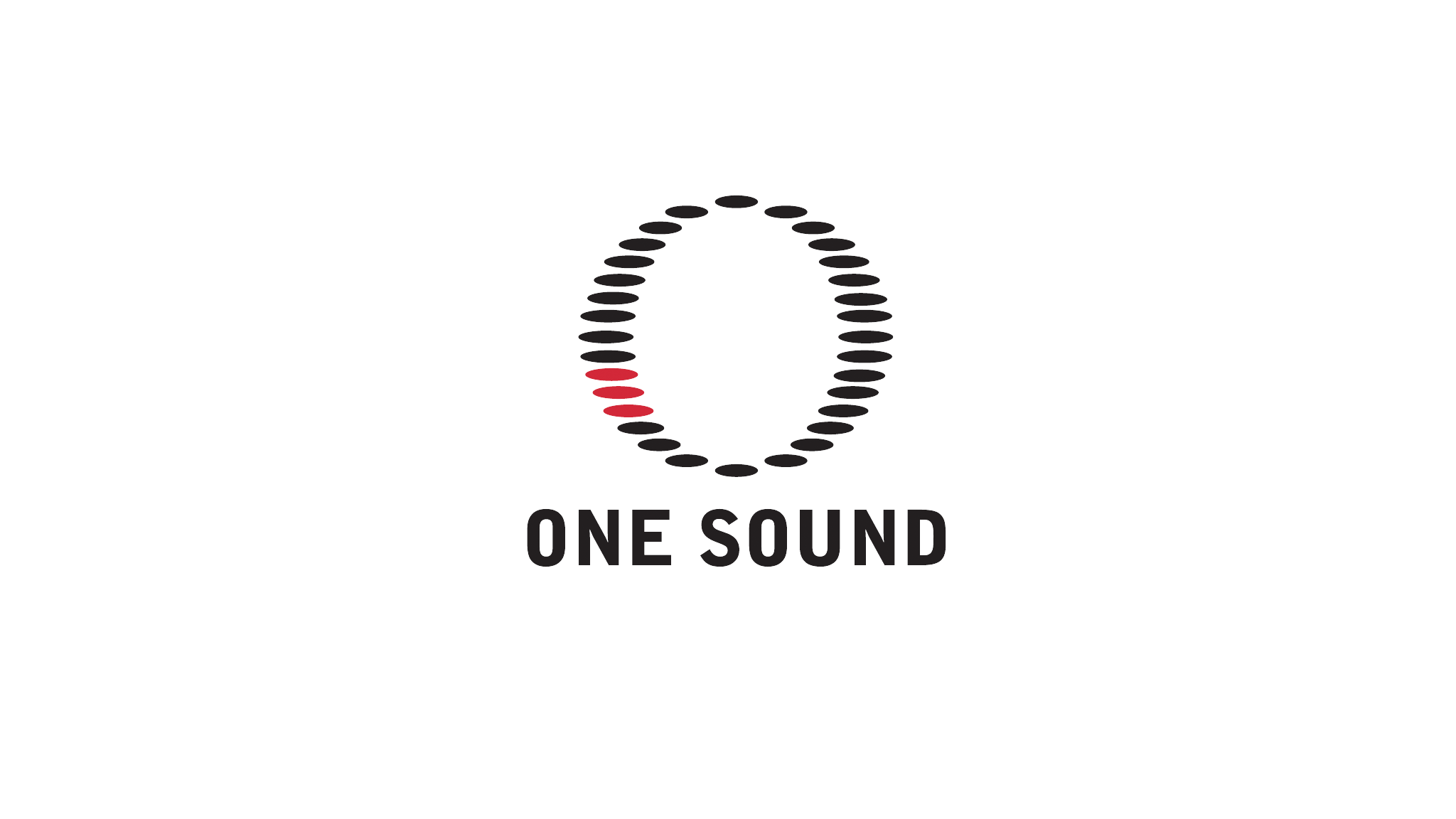Summoning the Spirits
As I watched the screen I could see the dancers leaping, higher and higher they soared into the air, headdresses bobbing and waving in unison, as the sound of the drum resonated through the crowd. As the music overtook them their eyes became glassy and they entered into a trance. Later after the dust had settled and they had finished their sacred ceremony, they explained that the combination of the drums and the dancing was powerful enough to summon the spirits that would take over their entire bodies connecting them with what they believed to be the divine.
Their experience isn’t unique. Humans have always used music as a tool of transcendence – it can take us to a place outside of the humdrum of our daily tasks. It allows us a glimpse into the spiritual world. It's power can stir the deepest emotions and speak in a language more effective than our words. From the complexity of the talking drums of West Africa to the simplicity of a child’s first piano solo, music is beautiful in it’s ability to connect us to each other and that outside of ourselves.
As musicians sometimes we can underestimate the power of what we do. Especially as Christian musicians we can sometimes disregard the innate spirituality of our craft. Sometimes, in the melee of practices, riffs, runs, mic-checks and vocal exercises, we can lose sight that this is primarily, not a technical task but a spiritual one. The notion of evoking the spirits doesn’t belong solely to non-Christian religions. We have a musical legacy of invoking The Spirit – the Holy Spirit through our playing and our singing. As we play the piano, pluck the strings of the guitar, even beat the drum, we believe that not just our music, but our very lives are a vessel for the Spirit to take over and touch not only us, but others who hear the music.
The story of David and Saul is commonly used as an example of the power of music. In the Bible, an evil spirit is tormenting Saul and David’s harp playing is powerful enough to ward away the spirit. We often focus on the power of the music, but the real power didn’t rest solely in the music David played but in the life David lived. The spirit he invoked was able to live in him and play through him because the vessel was not only open to being used but a familiar place for the Spirit to dwell. David’s invocation of the Holy Spirit was not simply when he played his harp but began in the every day practice of being simple shepherd. Before his harp, there was his staff and his rod and his shepherd cloak. We learn to be an instrument in the monotony of our every day life, not the excitement of a performance or concentrated craft of a studio piece. More powerful than any instrument or any voice, is the life that is lived by the musician.
As we practice our craft and use the power of music to touch lives, while we recognise the innate beauty of the art alone, we can always remember that for us, our primary instrument is ourself and it's only as we master that instrument that we can come closer to making music that is in harmony with heaven.


